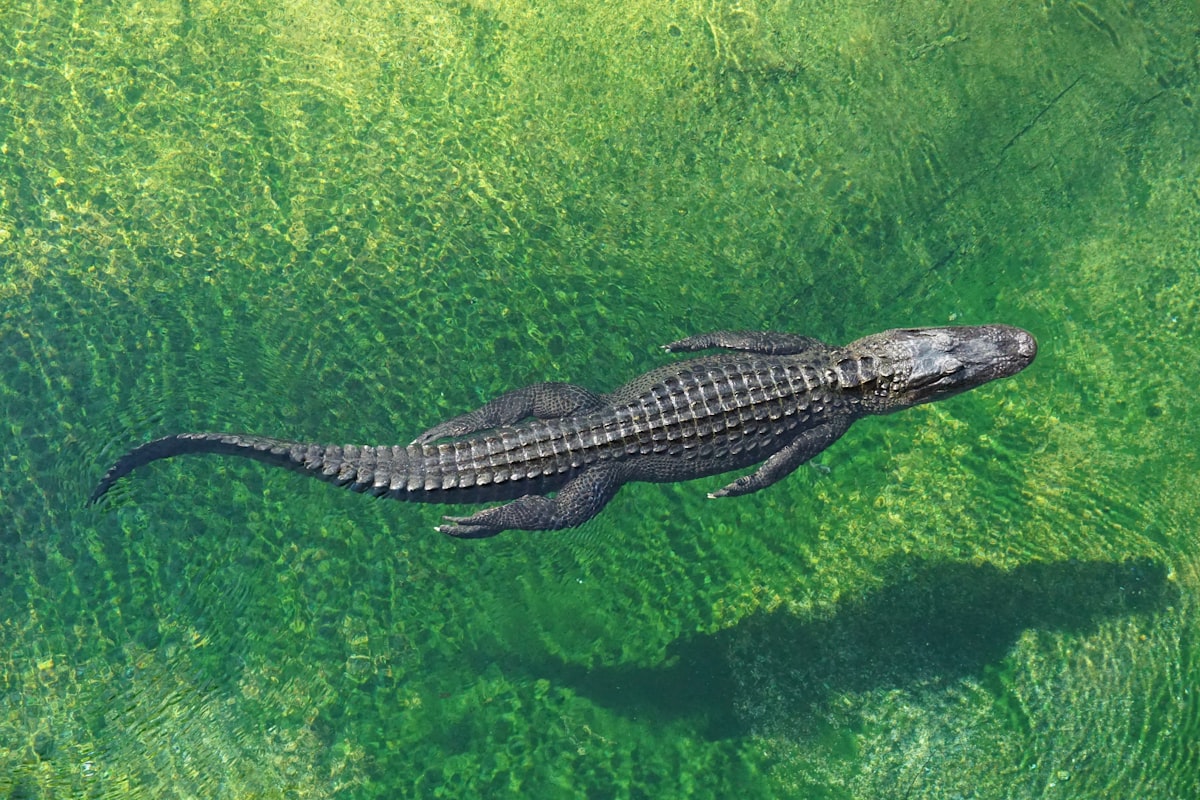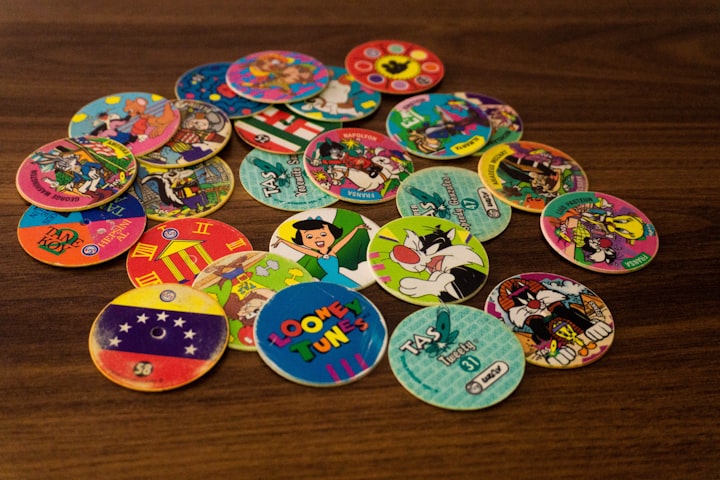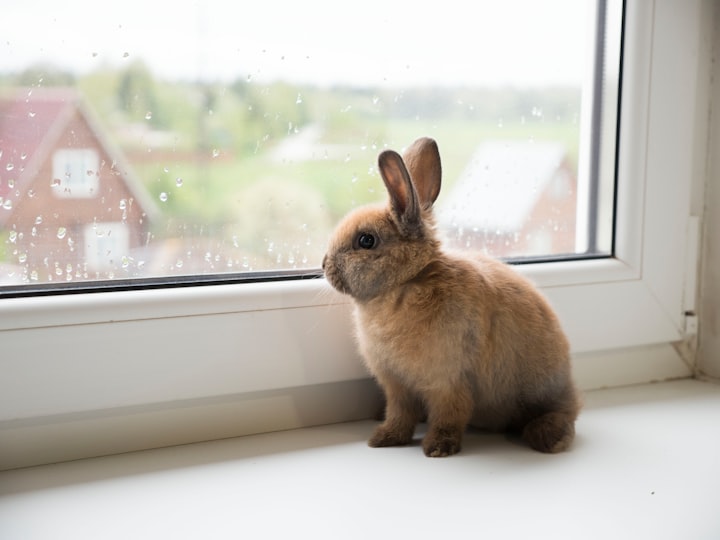The Crocodile Comes for Everyone
What I do remember is two grandfathers, 26 years apart.

by Gary Reddin
For most of us, the realization that we’re going to die comes softly. We acknowledge the shadows at the edge of our consciousness, nod politely, and go about our day. This is what Psychologists call mortality salience.[1]
I don’t remember the moment myself—not exactly, anyway. What I do remember is two grandfathers, 26 years apart. When the first one died, I knew what it meant for him, physically. That his body was broken. I knew that he wasn’t getting out of that hospital bed. I didn’t cry. I wasn’t even sad. At least, not in a way I could understand at the age of ten.
The second grandfather died last year. I remember staring at the nurse’s board outside his room in the ICU. It was mostly empty. A list of medications, some statistics I only vaguely understood, and at the bottom, under “today’s goal,” the words “feel better” crossed out and replaced by “comfort care.” I wanted to cry. To be sad. To feel anything other than the heavy weight of guilt in my stomach, churning like an ouroboros – slowly devouring itself. I’d never really known him. I’d never really tried. I held his hand, rigid with tubes and needles, and felt the shadows lengthen, ever so slightly, at the edge of my consciousness. I don’t remember the soft inevitability of my first mortality salience—but I’ll never forget that second one.
The kids call it unaliving. But this is nothing new. We don’t talk about death, because to talk about it is to acknowledge those shadows.[2] Death is the sort of thing we only speak about in retrospect. And even then, we rarely name it. When I was a journalist[3], I hated writing obituary notices, the bureaucratic announcements proclaiming that a person had “been declared dead.” As if death were a quantum state -- in flux until the local paper made the proper observation. The actual obituaries were written by the family. But even in these places we designate for the dead, we still can’t bring ourselves to talk about it. We say that Eugene has “passed away,” and Charles has “gone to be with the lord.” We do not say that Charles was hollowed out by cancer, or that Eugene died from severe renal failure.
We know we should fear death. That’s a primal instinct; the teeth that tear at the meat of our intellect. But unlike the gazelle, twitching at sounds near the watering hole, we know we can’t avoid it. The crocodile comes for everyone, eventually. We bleed. We break. We die. And we should not be afraid to name it.
The word originated in Terror Management Theory, as written in the book The Worm at the Core: On the Role of Death in Life. The theory posits that the fear of death is like a worm, eating away at the core of our being. Which sounds nihilistic, but the book also tells us that we don’t need to let the worm consume us – which is quite lovely. ↩︎
With the exception of my grandmother, who, on an all too frequent basis, calls to tell me about the death of a distant relative she swears I’ve met. And, inevitably, she’s right. But if she knew that, she might stop calling, thinking that I’m keeping up with them. Which would mean this exception would no longer apply. ↩︎
I worked in the news industry for ten years…give or take. My last few years, 2020-2022, felt like a decade. I wrote more obituary notices in those two years than all the ones that had come before. I left the industry a short while later. ↩︎
Gary Reddin grew up in Southwest Oklahoma, where he mythologized Springsteen lyrics as gospel truth. After nearly a decade in journalism, an MFA in creative writing, and a short, ill-advised journey into academia, he left one desert for another, following the love of his life to Southern California. These days he works as a writer and script editor for a YouTube production company. His work has appeared in many places online and off, but mostly off. He is the author of “An Abridged History of American Violence,” and “Quantum Entanglement.” He can be found everywhere online as @reddinwrites, though it’s mostly pictures of his dog.



